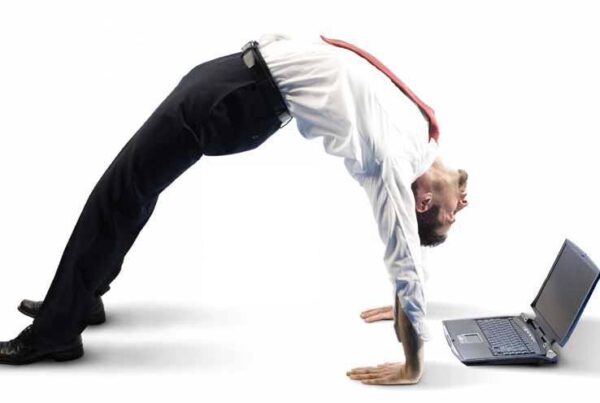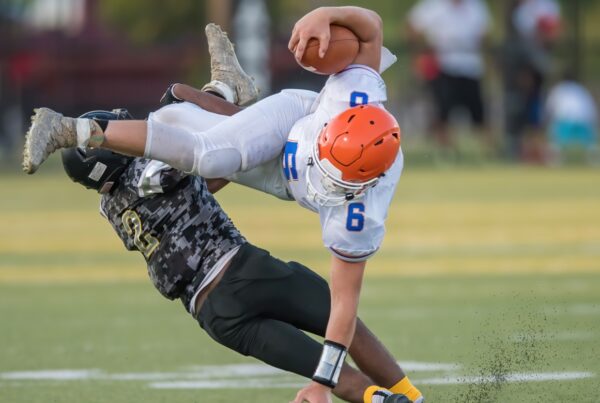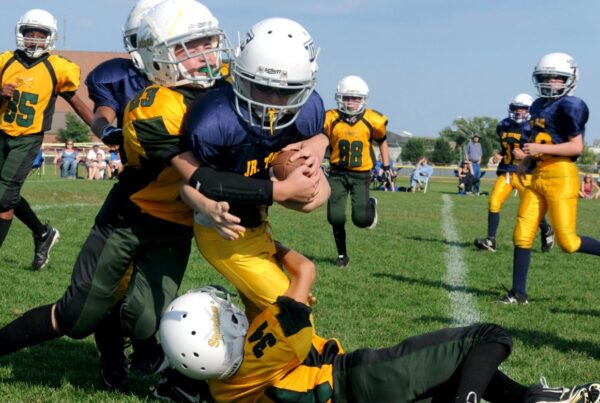by Edward Lockwood, DPT
Do your joints feel too flexible? Do you have pain in more than one joint? Have you dislocated or subluxed one or more joints?
Many people who participate in sports and activities that require a lot of flexibility tend to have an increased risk for too much joint mobility. It is very important for our joints to have sufficient motion and mobility to function well and pain-free, but it is common for people who developed increased joint laxity to experience persistent joint pain. Aside from acquiring too much joint mobility from activities such as dancing or gymnastics, it is common to acquire joint laxity/hypermobility from inherited joint disorders, such as Benign Hypermobility Syndrome, Ehlers-Danlos Syndrome, or Marfan Syndrome. If you have any of these conditions, you may also benefit significantly from strengthening and joint stabilizing physical therapy techniques. Characteristics of these conditions typically present with joint pain in two or more joints, abnormally increased mobility of two or more joints, abnormal scarring, or a history of subluxation or dislocation of two or more joints. If I have just described you, consult with your physician or a physical therapist who can work with you to return your healthy, active, injury free lifestyle.
Generally, strong ligaments and joint capsules are what prevent joints from having too much motion. Many are able to function well and thrive with too much joint mobility, but when there is not strong enough muscular support around a hypermobile joint, people are at greater risk for pain. There are several physical therapy strengthening and stability techniques that can be very helpful in improving the muscular support around these hypermobile joints, which will ultimately improve pain and decrease risk for joint subluxations/dislocations. In addition, another beneficial physical therapy component of managing joint hypermobility is learning how to stretch muscles without over-stretching joints.
Dr. Lockwood is a Physical Therapist at Boston Sports Medicine



